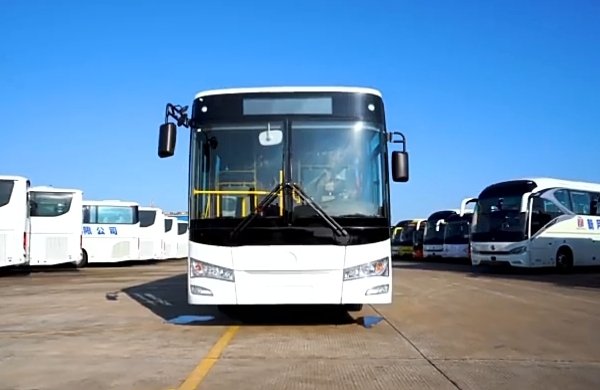The President of the Nigeria Labour Congress (NLC) Joe Ajaero, has shed light on why the union is not currently seeking an increase in the minimum wage, calling for alternative solutions.
In a recent chat with journalists on the sidelines of the ongoing 111th Session of the International Labour Conference, ILC, in Geneva, Switzerland, Ajaero emphasized that the NLC’s agreement with the governors pertains to wage awards, not minimum wage.
He also criticized state governors for implementing ad hoc measures such as reducing working days, warning that these actions would exacerbate the country’s socio-economic situation.
It would be recalled that following a series of meetings between the former Minister of Labour and Employment, Chris Ngige, and the leadership of organised labour, the Federal Government on 23rd October 2019, announced its decision to upgrade the national minimum wage from N18,000 to N30,000 effective from 18th April of the same year.
The National Minimum Wage Act sets a timeframe for the expiration and subsequent review of the minimum wage to ensure that it remains relevant and reflective of the economic conditions of the country.
Section 3 (3) of the National Minimum Wage Act states that “the National Minimum Wage expires after five years, and it shall be reviewed in line with the provisions of this Act.”
Consequently, Ajaero stated that the minimum wage review will proceed as scheduled by early next year, fulfilling the statutory requirement outlined in the National Minimum Wage Act 2019.
The NLC President stated, “The agreement we had with them is not on minimum wage. The agreement we had with them is on wage award and it must be understood clearly.”
He further explained that the removal of fuel subsidies without any corresponding provisions had prompted discussions on minimum wage, but pointed out the failure of state governors to comply with the minimum wage law.
While the Trade Union Congress has asked the Federal Government to increase the national minimum wage from N30,000 to N200,000, the NLC proposes an alternative solution in the form of wage awards to alleviate the impact of subsidy removal.
Ajaero also highlighted the potential of Compressed Natural Gas (CNG) as a cost-effective fuel option, citing a pilot study conducted in the Edo area, where 10,000 vehicles were converted to CNG which would cost approximately N90 per litre.
Acknowledging the resistance the NLC might face in implementing these alternatives, he stated: “We are not deceived because there is going to be a fight. The powerful force behind PMS subsidy that had fought us all these years would make sure CNG does not see the light of the day.”
Ajaero called for an investigation into the subsidy regime to ensure transparency and urged the completion of modular refineries to lower fuel costs.
The NLC condemned the reduction of working days as a temporary solution, arguing that it decreases productivity and poses significant challenges in crucial sectors like healthcare and education.
He stated, “You are telling a doctor to come to work for three days, you are telling a nurse to work for three days. And you are telling a teacher with the challenges we are having in schools to come for three days. All these are ad hoc measures that cannot provide any solution.”
As the NLC prepares to meet with the Federal Government on Monday 19th June for a continuation of discussions, its focus remains on wage awards and alternative solutions to mitigate the effects of subsidy removal, urging stakeholders to consider the long-term socio-economic impact and work towards sustainable solutions.

